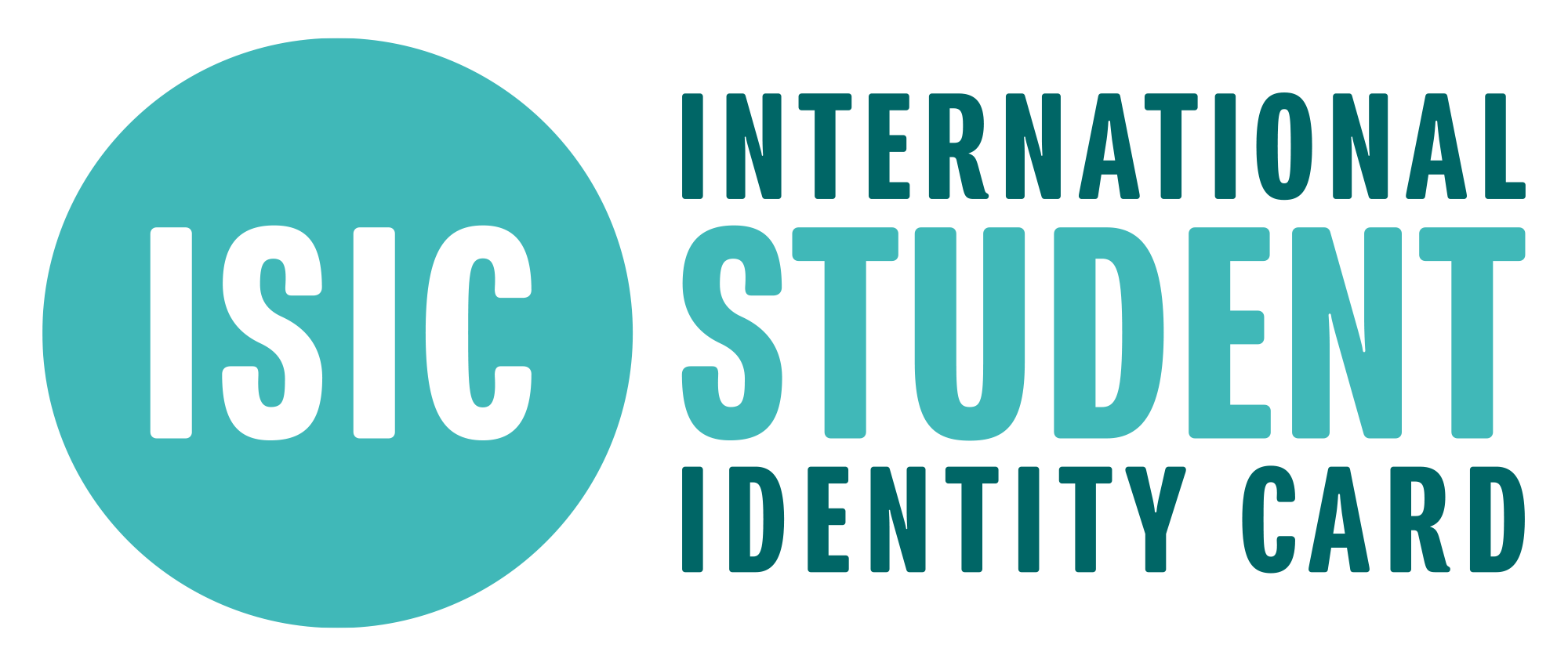
Enhance your opportunities to get the dream job! Check out ISIC's tips on how to improve your job opportunities while you are still studying.
How to improve your job opportunities?
If you are a student, you can probably recognize the fear of not landing the dream job despite having been in college or uni for several years. But don't worry and don't give up! There are many ways in which to stand out in the pile of applicants. Check out our tips on what you can do to improve your job opportunities while still studying.
Volunteer work
By volunteering, you can try your hand at tasks within your industry that you would not have come close to otherwise. Volunteering is a great opportunity to gain useful skills and qualifications within your industry, and also to see if this branch of business is what you want to work with. In addition, volunteering also shows that you have passion and motivation to your field and to improve your skill set.
Courses and extra studies
Take advantage of various courses, online or physical. You can improve your skills in various programs and areas such as InDesign, Photoshop, Rhetoric, Excel, Google Analytics, SEO, Business Administration etc. - There is a wealth of possibilities! By acquiring some more unique skills and professional knowledge in addition to your study, you become more relevant. You will be able to embrace a greater area of responsibility and you will be able to go directly to many of your tasks rather than having to be educated or dependent on others for a long time. Many unions also offer a wide variety of free courses to their members. There is also a myriad of online courses available from all fields imaginable, and some providers, like Coursera, also offer some of their courses for free. Online courses are a great way to add to your skill set and to also try your hand at something you're interested in for fun. And because you can study online, anywhere and at any time, you can fit your courses into your study and work schedule quite smoothly.
Student organizations
By joining a student organization, club or team at your school, you show that you are a committed person who would like to invest your time in others and something that you are passionate about, be it a sport, a hobby or a debate club. Choose your organization based on what interests you and what gives you joy and meaning; it doesn't necessarily have to have anything to do with your field of study. Choosing an organization that adds to your knowledge about your field or industry is just a plus. You show that you are really passionate about your field, which will make you even more appealing to a company as they are most often looking for people who show passion for their professional development.
Exchange studies
While that may seem irrelevant professionally if you go on exchange or not, an exchange year can add positively to your skill set, and your experience will come useful to you later in working life. Having been on exchange shows that you are ready to embark on new tasks and challenges, even things that will change your daily life totally. When you are on your own in a new country, your social skills are likely improve and you will become more open and confident in your conduct. In addition, you will also gain an international perspective, cultural understanding and language skills when you have experienced a longer period in another country. All of these capabilities are of course greatly appreciated in working life in general. You may also be able to take courses at your exchange institution that you wouldn't be able to take at home and that will add to your knowledge and skill set.
Study-related work
They may be hard to get as there is competition on almost all the industries, but study-relevant jobs are worth applying for! Many companies place more emphasis on having a study-related job and thus gain some work experience in your industry than they do on the average grade. In addition, it also looks good if you have had a study-relevant job for an extended period and have not switched from one job to another. It shows that you are a stable employee the company can count on for a longer period, which gives them more reason to invest time and resources in you as an employee.
Internship
If you have not had a study-relevant job, doing an internship is an excellent option to get to know your field and gain work experience. At an internship, you will gain great knowledge of your industry from inside and you will get a taste of the tasks in the field as well as acquire useful skills for future use. Sometimes companies can hire interns after their internship is over and you may land a job in the company after your internship. In any case, after your internship you have a really good starting point for your next job. Don't forget to ask for recommendations after you finish your internship, and be open about your plans during and after the internship to your supervisor and bosses. During your internship, be clear to your supervisor/boss about what you want to achieve, which tasks you are interested in and what you would like to take with when you finish your internship. That way you'll get the most out of your internship and also show your commitment to the company you are interning at.
Your degree, dissertation and minor studies
Choose your dissertation/thesis subject carefully. If you pull together a good dissertation/thesis, it can help you land your dream job. You can advantageously choose a topic that has not been researched much yet, or a topic you think you can really push forward in your study. It is always a good idea if you can write your thesis in collaboration with a company on your field or that you are interested in, as it may also land you a job in the company afterwards. Also, make use of your minor studies; what skills and knowledge can you transfer from them to suit your major, support your thesis writing and also your professional goals and growth after graduation?
 Get your ISIC card
SEK 100
Get your ISIC card
SEK 100
